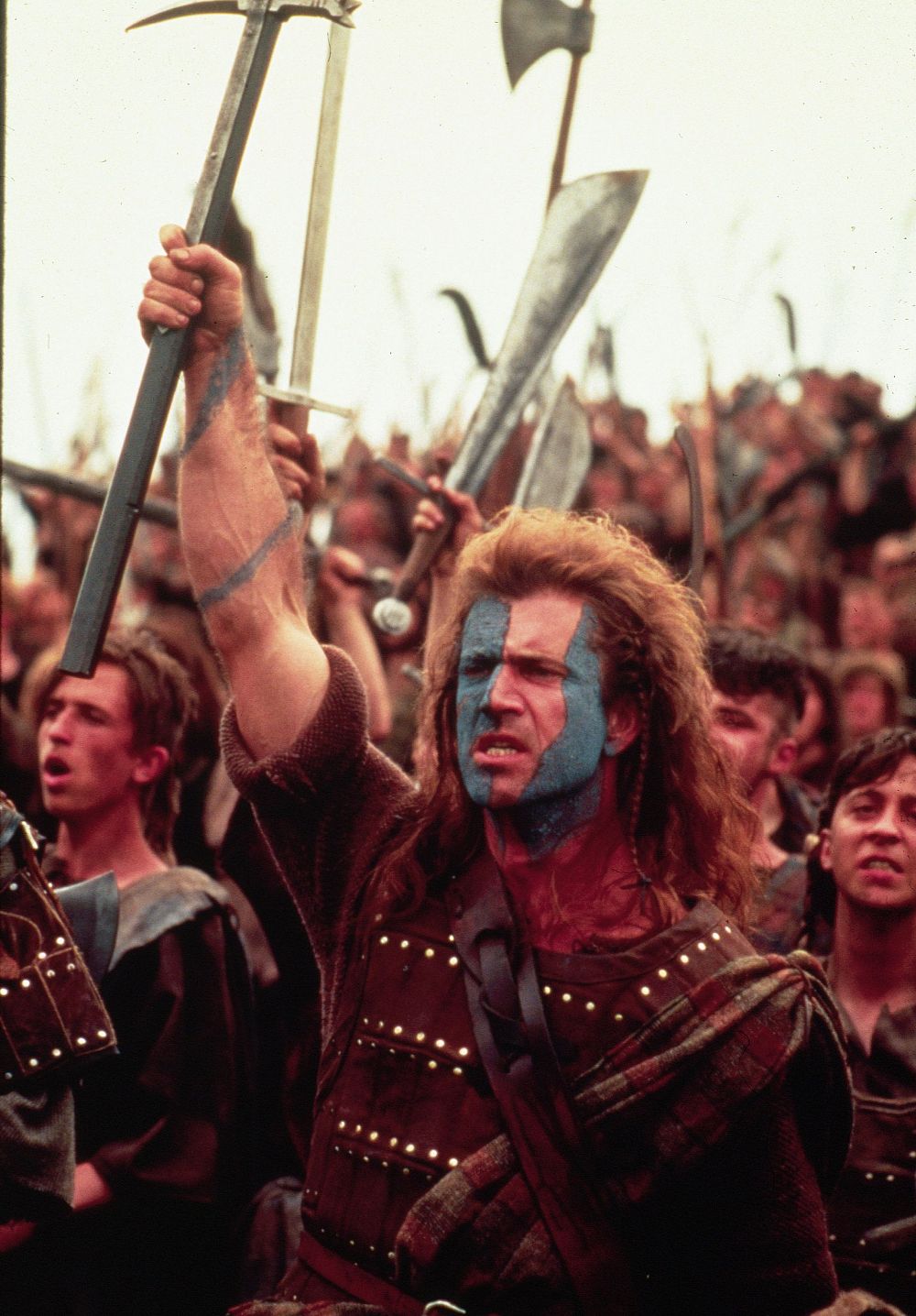

I had chosen Mel, and Mel chose everyone else in terms of casting, but I had written the script without any other producers involved, and there was of course a partnership with the creative people at the studio, but it was it was up to me to say who I believed could play William Wallace.
Brave heart movie#
Mel was the world’s most popular act but his only his first movie directing was The Man Without a Face, which is a wonderful movie, and much more intimate sort of movie, for them to be willing to gamble on, not just an epic historical movie, but a movie in which the hero is disemboweled and beheaded in the end, that took some courage, that was a leap.ĭid anyone ever say, “Can we not decapitate our lead?” You can put your trust in the filmmakers, you gamble on them, and for me, of course, I was an unknown quantity. It’s like having a child you have all sorts of aspirations and then the child comes into the world and and it it takes on its own identity.

What I mean by that is that we can’t know. I’m not sure that any studio ever knows what they have. I think the studio saw it as something different, but I’m not sure the studio at that point knew what they had. Paramount was the studio that ultimately greenlit it and made it, but it started over with Alan Ladd, the head of MGM, and then he moved to Paramount and bought the script with him. I’d say Mel and I worked together and refined it, but we didn’t get notes from the studio. Randall Wallace: Well, it was revised very little, in my view. Why did a movie studio want to make Braveheart? Why did it make sense on paper to gamble on you and the script? Did you get a lot of notes as you worked closer with Paramount? On the occasion of the 25th anniversary of Braveheart, and Paramount’s celebratory new 4K steelbook Blu-ray, Polygon spoke to Wallace about the riding into the battle of Hollywood production for the first time, what it took to bring William Wallace to life, the versions of the film we didn’t see, and his latest project: a sequel to The Passion of the Christ focused on the resurrection of Jesus.īraveheart was your first movie after a stretch writing television. There were still scenes left on the cutting room floor. And according to Wallace, rumors of a four-hour cut have merit. Actor-director Mel Gibson (who’s notable now for a history of racist and sexist remarks), producers, and studio heads still had notes and ideas that would have drastically changed the movie that people know, but Wallace spent most of development time slowly boiling Braveheart down to its heroic essence.īoiled down to. The story of William Wallace leading his scrappy faction into the First War of Scottish Independence, he says, was pure, and whereas movies today might undergo extensive rewrites, and see multiple screenwriters punch up the action or pepper the monologues with award-friendly one-liners, his history-remixing choices mostly made it to the finish line intact. The film cast a spell over audiences in 1995, and became a cable stalwart in reruns for the next 25 years.Īccording to screenwriter Randall Wallace, whose credits at the time only included episodes of forgettable crime dramas from the 1980s, very little of Braveheart changed from his first drafts.

Brave heart full#
Braveheart is the quintessential ’90s Oscar movie: A war epic full of battles, romance, and rousing speeches constructed for quotability, directed and led by one of the biggest movie stars of the moment.


 0 kommentar(er)
0 kommentar(er)
